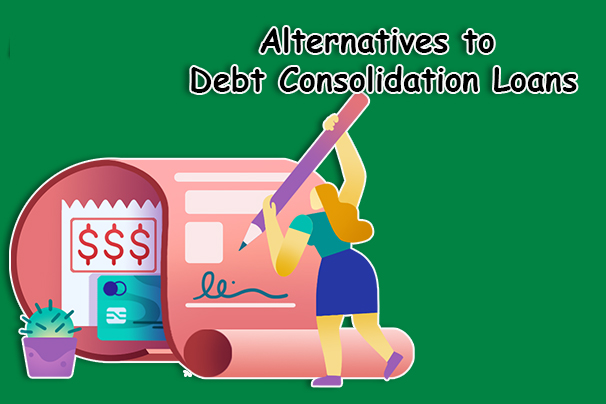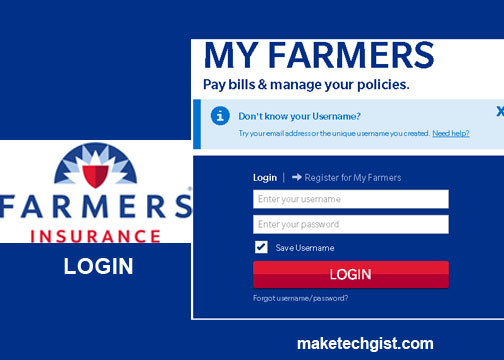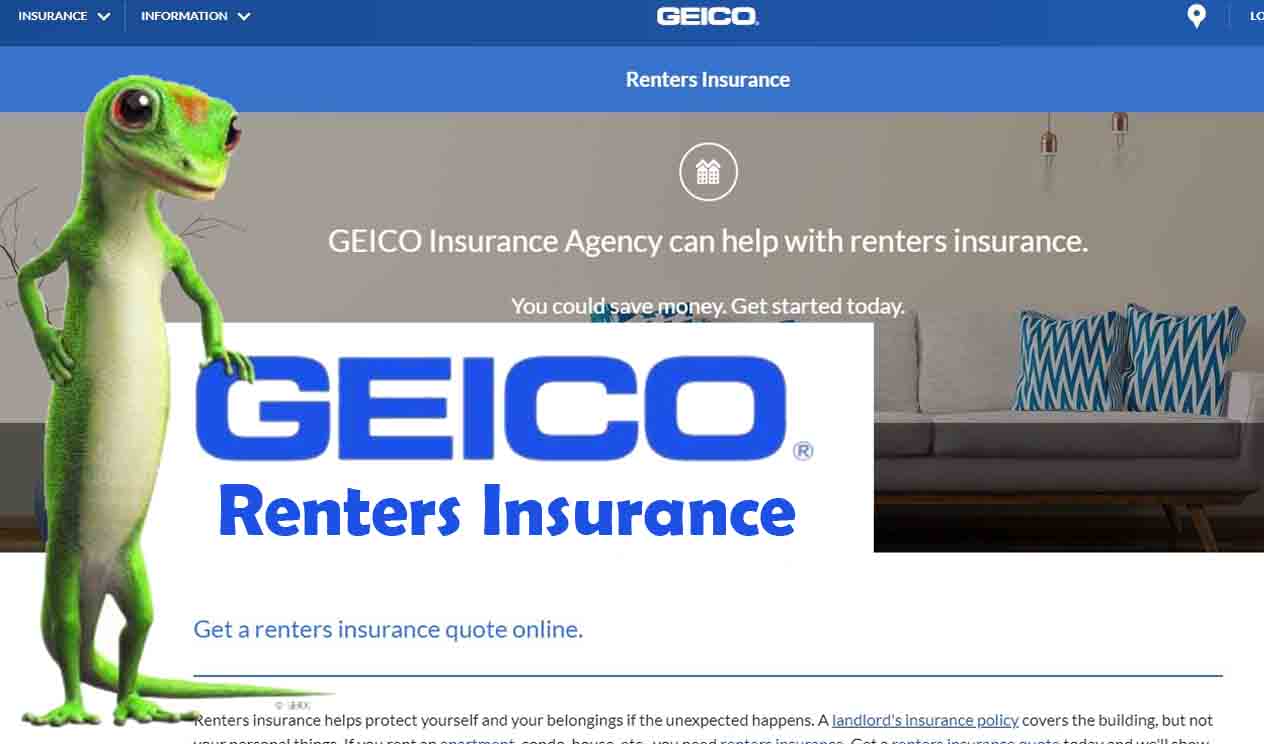A debt consolidation loan is a personal loan that consolidates multiple debts into one with a single payment. Simplifying your payments can help you pay off your debt more easily. However, it’s not a solution for everyone and might not address the underlying causes of the debt in the first place. Using your home equity, modifying your budget, or altering your spending patterns are some alternatives to debt consolidation loans. If you’re struggling financially but not eligible for debt consolidation loans, consider these alternatives to cut and restructure your outstanding debts, providing some breathing room.

Alternatives to Debt Consolidation Loans
Lenders may have strict qualifying requirements for debt consolidation loans because they are unsecured personal loans. Low credit score holders may find it challenging to qualify for or obtain the necessary amount as a result. Here’s how to consolidate debt without a loan if you are unable to prequalify for a good offer.
Budget adjustment
Consider modifying your spending plan before applying for a debt consolidation loan. This is by getting rid of pointless subscriptions, reducing wasteful spending, locating less expensive insurance, and changing store brands. By taking these simple actions, you can free up money for debt repayment. This strategy is most suitable for small debts as it only result in a monthly savings of a few dollars.
Debt management plan
A debt management plan is a formal agreement between a borrower and their creditors to repay unsecured debts with lower fees and interest rates. It is usually administered by debt relief services or credit counseling agencies. These plans are approved by creditors who would rather make smaller payments than file for bankruptcy. All credit card accounts must be closed, though, and they may have a detrimental effect on credit scores. Over time, a successful completion can increase creditworthiness.
Balance transfer credit cards
For six to twenty-one months, you can move debt or qualified loans to a new credit card with a balance transfer credit card’s introductory 0% APR period. If you are able to pay back the debt during the promotional period, this could be advantageous. After the 0% introductory period, repaying may be challenging, with a balance transfer fee and a high credit score required.
Cash-out refinance
A cash-out refinance is a process where a borrower takes out a larger loan, usually up to 80% of the home’s value, to replace their existing mortgage. Closing costs can be anywhere from 2% to 6% of the new loan amount, and nonpayment can result in foreclosure. On the other hand, a cash-out refinance might have shorter terms or lower interest rates than debt consolidation.
Bankruptcy
It might be time to think about filing for bankruptcy if it is obvious that no matter what you decide, you will still have more debt than you can manage. You may be a good candidate for Chapter 7 bankruptcy if you have few assets and a low income. Chapter 7, or liquidation bankruptcy, necessitates the sale of certain assets to discharge the majority of a debt.
If you declare Chapter 13 bankruptcy, you can keep your assets. However, your debt will be paid off with all of your available funds. You may or may not have to pay off all of your debts during the three to five years that you will be on a rigorous repayment plan.
Home equity or HELOC
You can borrow against the equity in your house with home equity loans and lines of credit (HELOCs). Loans with variable interest rates and fixed monthly payments pose a risk of losing your house if not repaid. Most lenders require 20% equity to qualify. While HELOCs offer more borrowing flexibility, home equity loans are best suited for homeowners on a tight budget who are aware of their financial requirements.
Debt settlement program
Usually for those who are facing bankruptcy because of extreme delinquency, debt settlement is a negotiation process in which creditors accept smaller payments than the entire amount owed. People can hire a debt settlement firm or engage in negotiations. They suggest trying to come to a settlement agreement and setting aside funds in a specific account. Although creditors are not compelled to accept settlement offers, debt settlement can have a detrimental effect on credit scores and may result in tax due on forgiven debt amounts.
Final Thoughts
Any debt you accrue on a credit card or loan must be repaid, typically in predetermined monthly installments. With a debt consolidation loan, you may be able to access funds immediately, but you may struggle to get approved for terms that make it worthwhile. Some of the options may offer better terms and rates to help you manage your debt. In any event, you must refrain from reverting to the poor behaviors that caused your original debt if you want to have a secure financial future.





